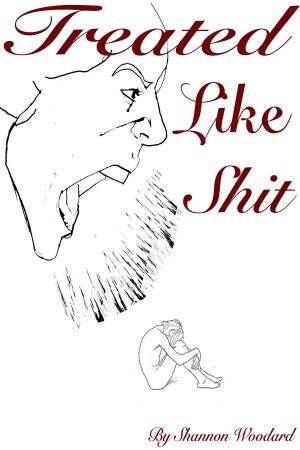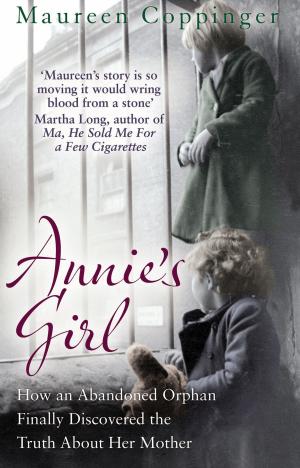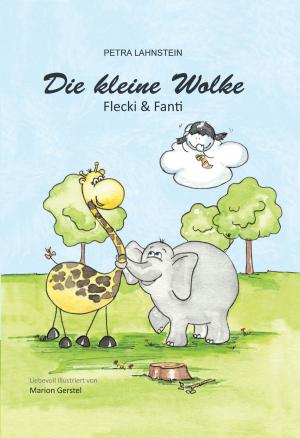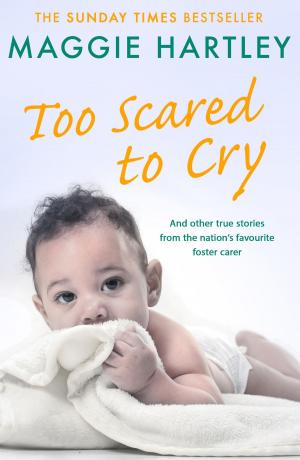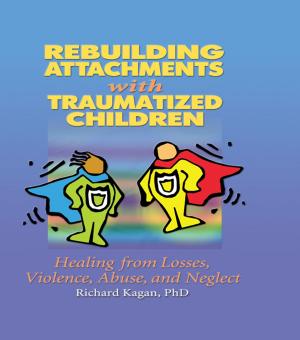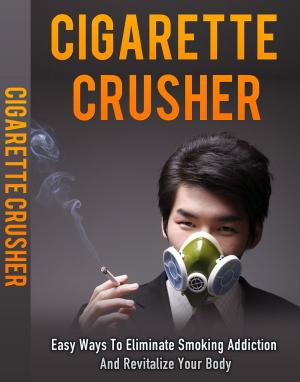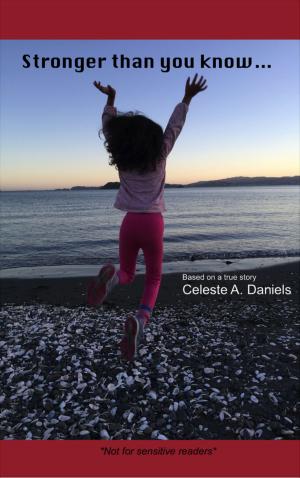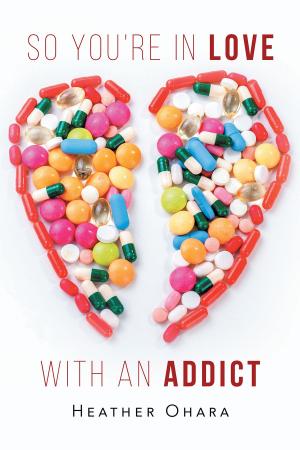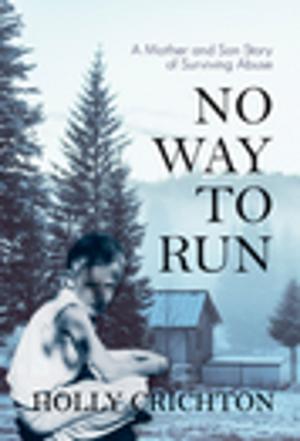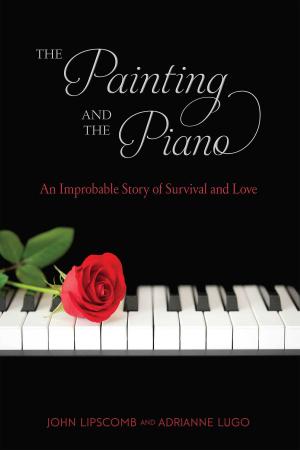Caged: Extreme Child Abuse
Nonfiction, Family & Relationships, Parenting, Special Needs, Adolescence, Family Relationships, Abuse| Author: | Sylvia Fraser | ISBN: | 1230000235640 |
| Publisher: | Pandora Publications | Publication: | April 26, 2014 |
| Imprint: | Language: | English |
| Author: | Sylvia Fraser |
| ISBN: | 1230000235640 |
| Publisher: | Pandora Publications |
| Publication: | April 26, 2014 |
| Imprint: | |
| Language: | English |
As a society we’ve become all too familiar with horrific tales of child abuse. Yet, in 2001 a legal case in a rural community near Toronto proved so bizarre that it gained international attention. It concerned two teenage boys kept locked in cages and forced to wear diapers. Unbelievably, their caregivers thought they were doing their best for these “difficult” youths. Even visiting relatives regarded this sorry state as normal.
Why didn’t teachers, social workers and doctors in regular contact with the boys intervene? Why didn’t the boys complain when they had the opportunity?
The extended family imprisoning these boys seemed unusually close despite occasional feuds. In fact, their secrets probably caused them to cling together in ways that gave dire meaning to the term “dysfunctional family.” Here’s proof of how abuse - physical, emotional, sexual, spiritual - spirals down through generations claiming new victims, and how good intentions can be overwhelmed by one’s own need to survive.
“Caged” is a true story based on transcripts of a 2003 legal case with names changed to protect the victims.
TWO BONUS FEATURES:
MAGGIE & THE PEDOPHILES
In 1987 Sylvia Fraser published “My Father’s House: a Memoir of Incest and of Healing” - one of the first books to expose the sexual abuse rampant in our culture. The New York Times described it as: “Extraordinary. . . .As telling a chronicle of the times as The Catcher in the Rye or To Kill a Mocking Bird. . . .Sylvia Fraser demonstrates that the cycle of abuse can stop with the victim only when she decides to cast off the role.”
After writing this memoir, Fraser thought she’d recovered all the memories connected to her abuse. She was wrong. She began to recall horrifying experiences of how, at age 8, she was taken by her father to a child brothel where she was photographed and abused.
This isn’t a story about what perverts do to children – we know that. It’s a story about survival and our ability to cut off memories too terrible to endure. It’s also an inspiring story about the need to reclaim those painful memories in order to become whole. Most remarkably, it’s a story about the almost miraculous way in which the Universe seems to cooperate to help us to find what we need to know. On the simplest level, it’s the story of a parrot, an ice-cream cone, a strange rash, a broken leg and an unusually swift healing, leading to a climax that proves fact can be stranger than fiction.
DENIAL: The Sexual Abuse Wars
Hardly a day goes by without a news story about the prosecution of yet another high-profile person accused of sexually abusing children, whether football coach or priest or teacher or politician.
Yet, history has shown that the prosecution of child-molesters has typically been followed by a period in which the problem is buried all over again. Could this happen in Western society? Could children again become the unprotected playthings of lustful adults?
In “Denial” Sylvia Fraser shows how children have been betrayed in the past, and suggests the unexpected guise in which a new wave of betrayal could occur. Rich in anecdote, “Denial” draws on Fraser’s own experience with other survivors, with the media and with accused abusers. In her penetrating examination, Fraser implicates two of the most influential figures of the last century: Sigmund Freud, father of psychoanalysis, and sexologist Alfred C. Kinsey.
As a society we’ve become all too familiar with horrific tales of child abuse. Yet, in 2001 a legal case in a rural community near Toronto proved so bizarre that it gained international attention. It concerned two teenage boys kept locked in cages and forced to wear diapers. Unbelievably, their caregivers thought they were doing their best for these “difficult” youths. Even visiting relatives regarded this sorry state as normal.
Why didn’t teachers, social workers and doctors in regular contact with the boys intervene? Why didn’t the boys complain when they had the opportunity?
The extended family imprisoning these boys seemed unusually close despite occasional feuds. In fact, their secrets probably caused them to cling together in ways that gave dire meaning to the term “dysfunctional family.” Here’s proof of how abuse - physical, emotional, sexual, spiritual - spirals down through generations claiming new victims, and how good intentions can be overwhelmed by one’s own need to survive.
“Caged” is a true story based on transcripts of a 2003 legal case with names changed to protect the victims.
TWO BONUS FEATURES:
MAGGIE & THE PEDOPHILES
In 1987 Sylvia Fraser published “My Father’s House: a Memoir of Incest and of Healing” - one of the first books to expose the sexual abuse rampant in our culture. The New York Times described it as: “Extraordinary. . . .As telling a chronicle of the times as The Catcher in the Rye or To Kill a Mocking Bird. . . .Sylvia Fraser demonstrates that the cycle of abuse can stop with the victim only when she decides to cast off the role.”
After writing this memoir, Fraser thought she’d recovered all the memories connected to her abuse. She was wrong. She began to recall horrifying experiences of how, at age 8, she was taken by her father to a child brothel where she was photographed and abused.
This isn’t a story about what perverts do to children – we know that. It’s a story about survival and our ability to cut off memories too terrible to endure. It’s also an inspiring story about the need to reclaim those painful memories in order to become whole. Most remarkably, it’s a story about the almost miraculous way in which the Universe seems to cooperate to help us to find what we need to know. On the simplest level, it’s the story of a parrot, an ice-cream cone, a strange rash, a broken leg and an unusually swift healing, leading to a climax that proves fact can be stranger than fiction.
DENIAL: The Sexual Abuse Wars
Hardly a day goes by without a news story about the prosecution of yet another high-profile person accused of sexually abusing children, whether football coach or priest or teacher or politician.
Yet, history has shown that the prosecution of child-molesters has typically been followed by a period in which the problem is buried all over again. Could this happen in Western society? Could children again become the unprotected playthings of lustful adults?
In “Denial” Sylvia Fraser shows how children have been betrayed in the past, and suggests the unexpected guise in which a new wave of betrayal could occur. Rich in anecdote, “Denial” draws on Fraser’s own experience with other survivors, with the media and with accused abusers. In her penetrating examination, Fraser implicates two of the most influential figures of the last century: Sigmund Freud, father of psychoanalysis, and sexologist Alfred C. Kinsey.

